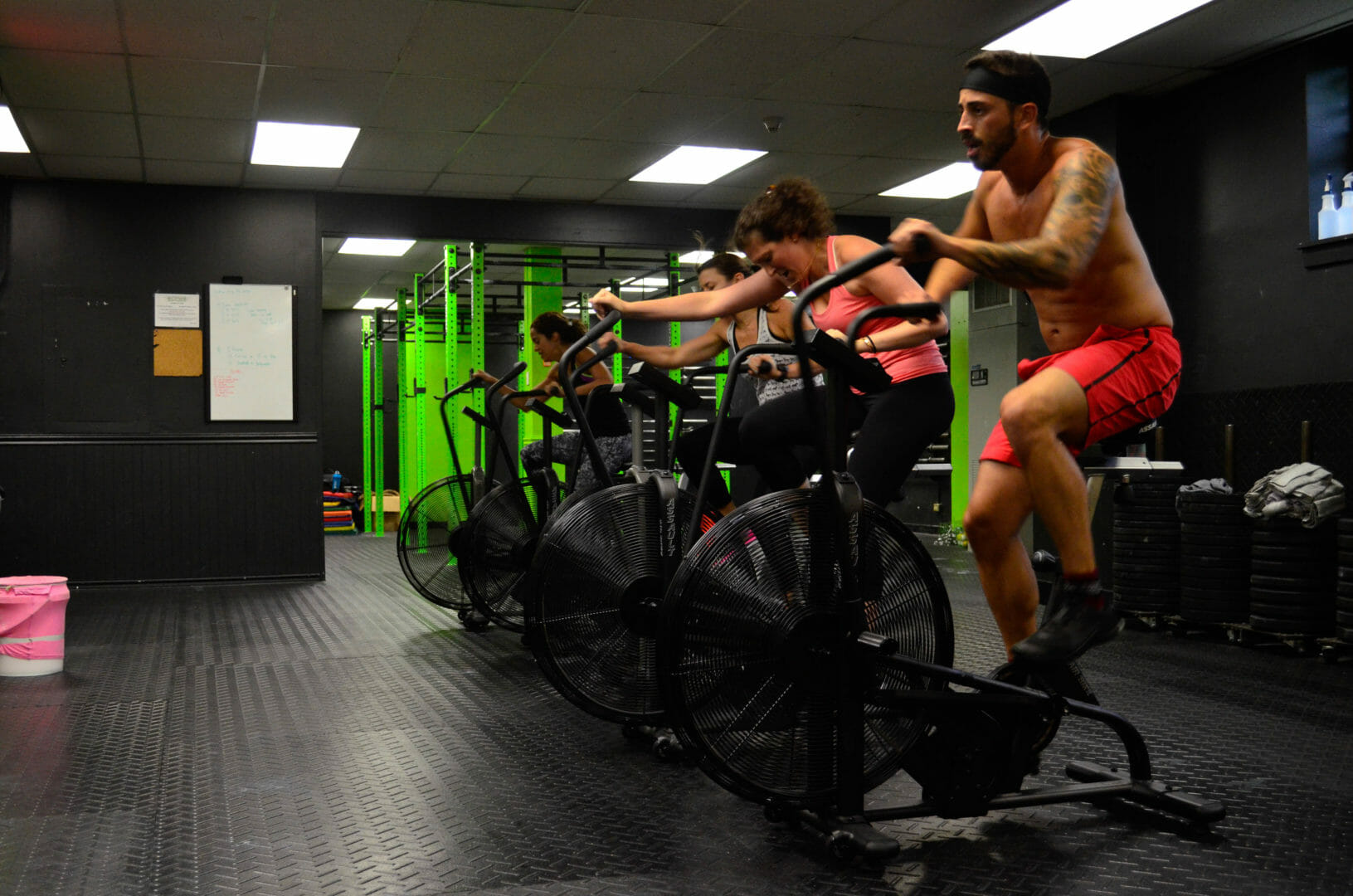
Navigating weight loss is a complex issue with many variables.
In my 15+ years working in the fitness industry I have narrowed it down to a couple of key areas that people can focus on to help start the process in a healthy manner.
First you must understand “how” the body burns calories. There are 4 main components to this equation.
The first is called Non Exercise Activity Thermogenesis (NEAT) – this is essentially all the physical activity that isn’t deliberately exercise i.e. walking your dog, taking the stairs instead of the elevator etc. This accounts for approximately 15% of caloric expenditure.
Secondly we have Thermic Effect of Food (TEF) – this represents the digestive processes in your body. The utilization of food for energy or storage burns calories. Protein consumption increases your TEF more so than other macros such as fat or carbohydrates, and accounts for around 10% of total daily caloric expenditure.
Thirdly we have exercise. This is exactly what it sounds like. This actually only accounts for 5-10% of your total daily caloric burn. You truly CANNOT out exercise a bad diet.
Lastly, the biggest piece of the puzzle is your BMR or basal metabolic rate. This accounts for 65-70% of the calories you burn on a daily basis. This is mostly predetermined based on overall body size and skeletal muscle mass. The bigger you are, the higher your BMR.
Understanding the how is very important so that you know how much to eat. There are free resources online for calculating your BMR or you can use an Inbody scale to get an accurate number. Once you have this baseline you can start making progress.
Here are my 4 tips:
1 – Track your calories. Don’t become obsessive but have a rough baseline. I’d suggest doing it strictly on an app for 2 weeks so you can learn and understand how many calories are in certain foods. This will also help you learn proper portion sizes for weight loss. Starting around your BMR for your caloric intake is a good place for weight loss.
2 – Move. A lot. Exercise, walk, just get outside or into a gym and break a sweat. If you’re not sure what you’re doing hire a coach. When in doubt, walk it out. That is probably the cheapest and easiest exercise you can do.
3 – Sleep. Sleep deprivation causes changes to hormones that regulate hunger levels. Lack of sleep makes you more likely to eat excess calories which will lead to weight gain.
4 – Hydrate. Most of the time when people snack and think they’re hungry, they’re actually thirsty. Drink when you’re thirsty, and stick to mainly water. As a baseline, drink half of your bodyweight in ounces.
I believe calories are king when it comes to weight loss. While I do believe “what” you eat matters greatly, the overall over consumption of calories is what causes people to gain weight.
Have any questions? Please send me a message.
